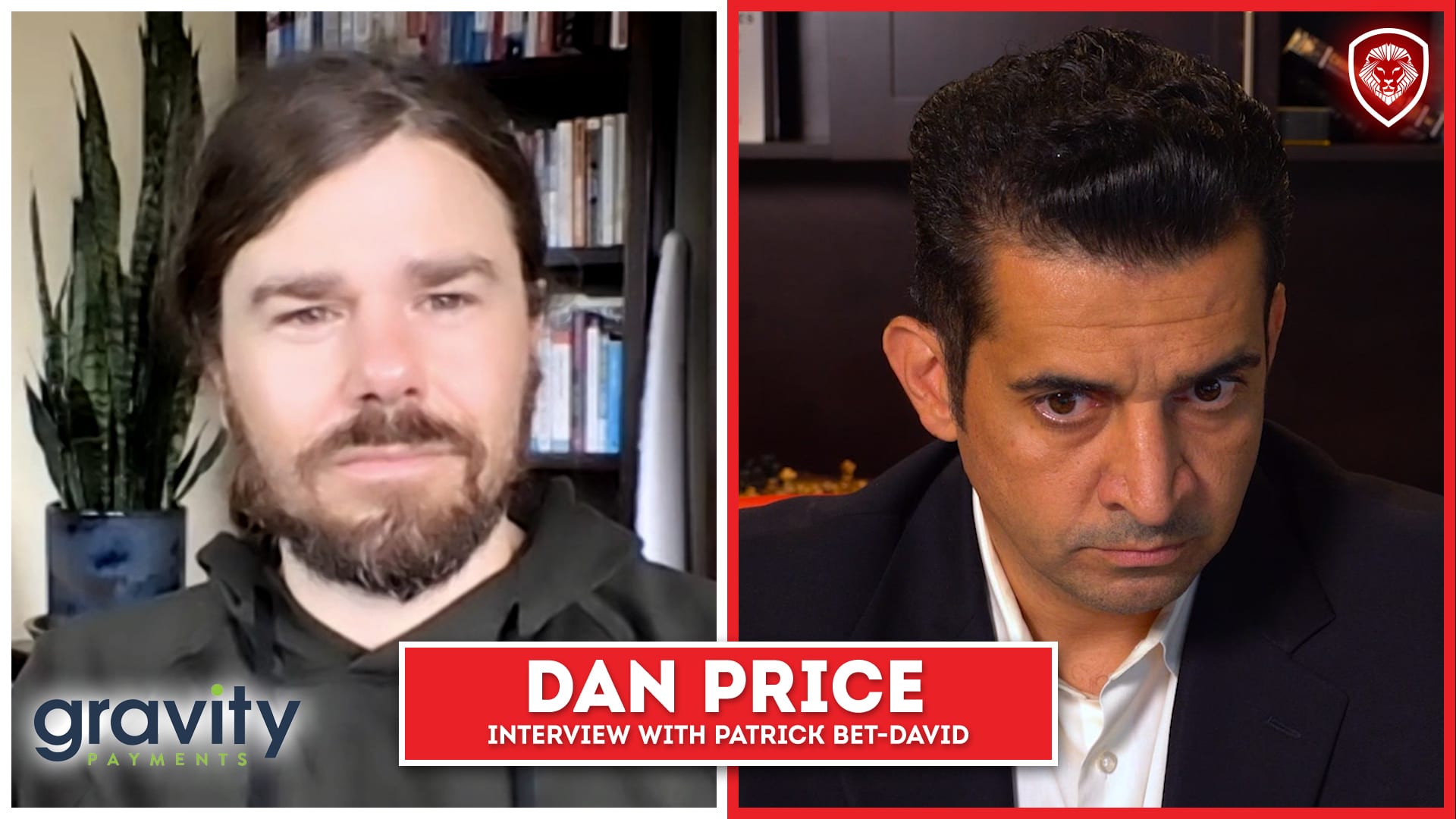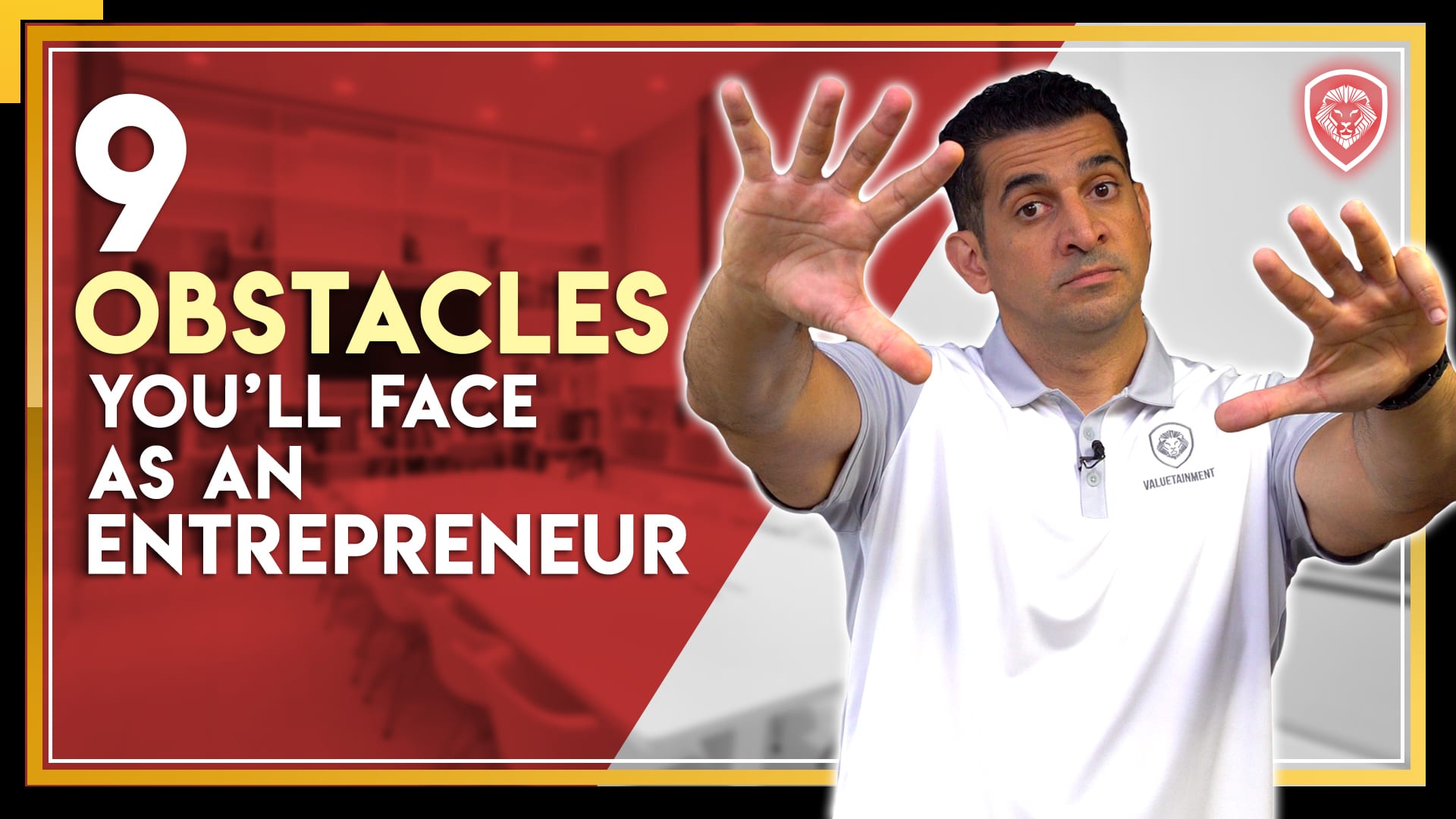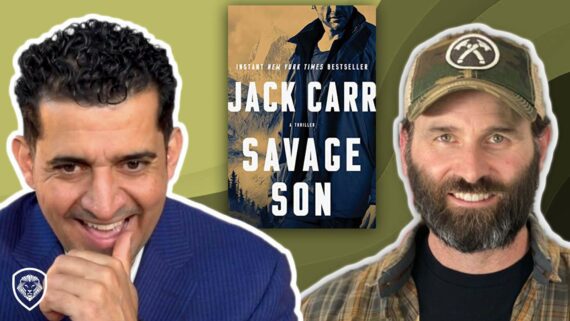Anyone that knows me, reads my blog or listens to my radio show can tell that I am a big sports fan. There are many lessons we can learn from sports that apply to life and business. So in tribute to the wrap of March Madness 2011, I decided to look at “the Final Four” of revolutionary companies. The same drive and innovation that takes the country’s best college basketball teams to the championship has marked these companies that have become champions of their field. These Final Four of revolutionary companies went beyond greatness; they changed the world.
 A generation ago “apple” was a mere fruit. Today Apple is the father of a technological revolution in the way that we do personal computing, purchase and enjoy music, and access a world of applications for business and fun. I recently had the chance to interview Steve Wozniak about the founding of Apple. (It’s a fascinating interview that you can watch here). While other technology companies were focused on profits, the founders of Apple had a vision to change the world through a new idea called the personal computer.
A generation ago “apple” was a mere fruit. Today Apple is the father of a technological revolution in the way that we do personal computing, purchase and enjoy music, and access a world of applications for business and fun. I recently had the chance to interview Steve Wozniak about the founding of Apple. (It’s a fascinating interview that you can watch here). While other technology companies were focused on profits, the founders of Apple had a vision to change the world through a new idea called the personal computer.
The leaders in the tech industry at that time called them crazy and dismissed their dream as impossible. Today, almost 90 percent of Americans own a personal computer. In 2001 when Apple launched the iPod, analysts said that Apple would struggle in the consumer electronics market. The Erie Times News called the iPod a “luxury item.” And a TechTarget poll cited the iPod as one of the “Top Five Worst” holiday gifts of 2001. When Apple launched the iPhone in 2007 analysts said “Apple will face its toughest competition yet” entering the “crowded mobile-phone market,” and that Apple’s phone “will have limited market share.”
Ten years ago Apple was a dot in Microsoft’s rear view window, but last year Apple overtook Microsoft at the largest technology company in the world. By the time the iPad launched, the analysts had learned their lesson. Even though the first tablets came out years ago, it was Apple that made tablets the future of portable computers. Apple’s courageous business decisions, often called crazy by “the experts,” have made them global leader in technology innovation.
Walmart is a true American success story. Sam Walton was a kid from Oklahoma whose limited retail experience included 18 months at JC Penny before he quit to join the Army. In 1945 Walton bought his first franchise of the “Ben Franklin Variety Store” in Arkansas. After 17 years and opening several new stores, Walton realized that the franchise would be limited. He decided to start his own chain and in 1969, his new venture was incorporated as “Wal-mart Stores.”
Like the other innovators of our Final Four, Walton was called a fool by many. Experts said that Walmart could never compete with the retail powerhouse Sears, which had been around since the 1800s. Today Walmart has 8,500 stores in 15 countries, and employs over 2.1 million people worldwide. Sam Walton’s vision made him the richest man in the world until his death in 1992. Walton’s perseverance in the face of overwhelming odds has made him one of the most influential business leaders of all time, and his company is a legacy that has changed the face of retail.
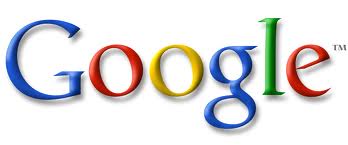 What if I told you in 1997 that I was going to start a company called Google that would revolutionize how searches are done on the Internet? Would anyone believe that my search engine on a plain white page with a simple search box could overtake the dominant leader Yahoo! and their dynamic search portal?
What if I told you in 1997 that I was going to start a company called Google that would revolutionize how searches are done on the Internet? Would anyone believe that my search engine on a plain white page with a simple search box could overtake the dominant leader Yahoo! and their dynamic search portal?
Today Google is not just a company, it is a verb, as in “Google it.” In 2005 Google purchased a mobile phone platform called Android. Analysts questioned what Google knew about smart phones and how they could compete. But when a company has a formula for success, there is little that they cannot do. In 2009, Android had a 2.8 percent share of worldwide smart phone shipments. By the end of 2010 this had grown to 33 percent of the market, becoming the top-selling smart phone platform. The lesson from Google is that no current leader is unbeatable. You have to start by believing that you can be the biggest and the best, no matter how dominant the competition may appear.
Knock knock. Who’s there?
Yahoo! Yahoo who?
Exactly.
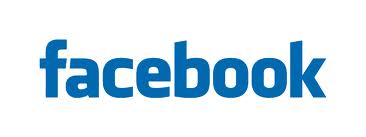 How many times do you hear people come up with great ideas but never take action? Mark Zuckerberg had an idea that turned into an obsession and eventually into a worldwide social media platform that reunites friends and family, enables revolutions against tyrannical governments and has hundreds of millions of unique visitors every month.
How many times do you hear people come up with great ideas but never take action? Mark Zuckerberg had an idea that turned into an obsession and eventually into a worldwide social media platform that reunites friends and family, enables revolutions against tyrannical governments and has hundreds of millions of unique visitors every month.
Zuckerberg, like the leaders behind our other final four, faced all sorts of criticism when he started. He was called a nerd, a weirdo and a traitor. Weirdo or not, today Zuckerburg has over a half billion “friends” all over the world. Also like the others in our Final Four, Facebook faced seemingly unbeatable competition. MySpace dominated the social media space until April 2008 when it was surpassed by the fledgling Facebook. Today, Facebook is roughly eight times the size of MySpace.
Besides having over 1,700 employees in 12 countries, Facebook has also enabled millions of entrepreneurs to promote their business ideas and helped to create the entirely new industry of social media management. The full effect of Facebook’s impact on the world may not be known for decades. Kudos to Mark Zuckerburg and his team for showing us that determination, imagination and perspiration are still the keys to colossal success.



